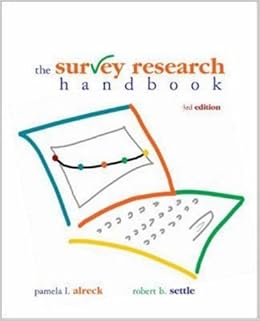Eating disorders in men rise by 70% in NHS figures.
Case studies Eating Disorder Case study I've beaten anorexia once and have lived freely for two years with the help of CAMHS, unfortunately life has been harder recently so that I've relapsed, but again CAMHS have been understanding and helpful in trying through my last journey to beat this horrific demon that has been shadowing my life now for too long now.
Night eating syndrome (NES) is a condition that combines overeating at night with sleep problems. With NES, you eat a lot after dinner, have trouble sleeping, and eat when you wake up at night. If.

The night eating syndrome (NES) was first described in 1955 as a disorder defined by morning anorexia, evening hyperphagia (consuming 25% of the daily food intake after the evening meal), and insomnia. 1 NES was originally thought to be a maladaptive response to stress in obese persons who were unsuccessful in weight loss treatment. 1 Attention to NES was neglected until the late 1990’s.

Men and women of any age can get binge eating disorder, but it typically starts in the late teens or early 20s. Symptoms of binge eating disorder. The main symptom of binge eating disorder is eating very large amounts of food in a short time, often in an out-of-control way. But symptoms may also include: eating very fast during a binge.

If you find yourself eating large quantities of food at night—even waking up from sleep to eat—you may have a specific eating disorder, called night eating syndrome (NES). Definition People who have NES or are living with someone who has the condition may notice certain clues in the home.

Eating disorders do seem to have become more common in boys and men. Eating disorders are more common in occupations which demand a low body weight (or low body fat). These include horse riding, body building, wrestling, boxing, dancing, swimming, athletics, and rowing. It may be that men are now seeking help for eating disorders rather than.

In a study following active duty military personnel over time, 5.5% of women and 4% of men had an eating disorder at the beginning of the study, and within just a few years of continued service, 3.3% more women and 2.6% more men developed an eating disorder. 7; Eating disorders affect all races and ethnic groups. 8.

Sleep -related eating disorders are characterized by abnormal eating patterns during the night. Although it is not as common as sleepwalking, nocturnal sleep -related eating disorder (NS -RED) can.

Night eating syndrome (NES) is an eating disorder, characterized by a delayed circadian pattern of food intake. Although there is some degree of comorbidity with binge eating disorder, (1) it differs from binge eating in that the amount of food consumed in the night is not necessarily objectively large nor is a loss of control over food intake required.

Explains eating problems, including possible causes and how you can access treatment and support. Includes tips for helping yourself, and guidance for friends and family. An eating disorder is a medical diagnosis based on your eating patterns and medical tests on your weight, blood and body mass index (BMI). This page lists common eating.

Do Men Get Eating Disorders?. Every donation, whatever the size, helps us to provide support at this difficult time to anyone affected by eating disorders. DONATE NOW. Beat run a number of eating disorder online support groups for both those suffering and for carers. Find out more about each group via the links below.

Nocturnal sleep-related eating disorder (NSRED) is a combination of a parasomnia and an eating disorder. It is a NREM parasomnia. It is described as being in a specific category within somnambulism or a state of sleepwalking that includes behaviors connected to a person's conscious wishes or wants.

Facts, resources and information on major public health issues for public health professionals, local authorities and CCG commissioners. Welcome to Health matters, Public Health England’s.



